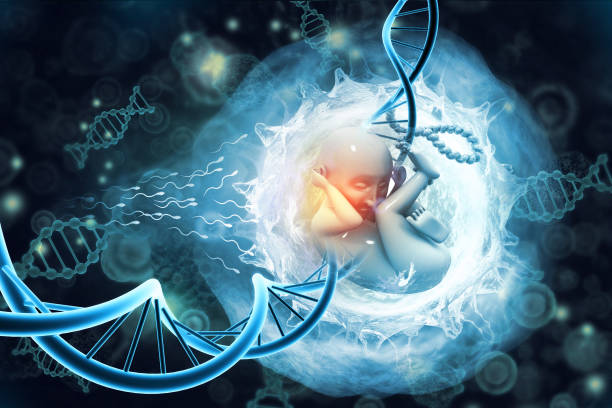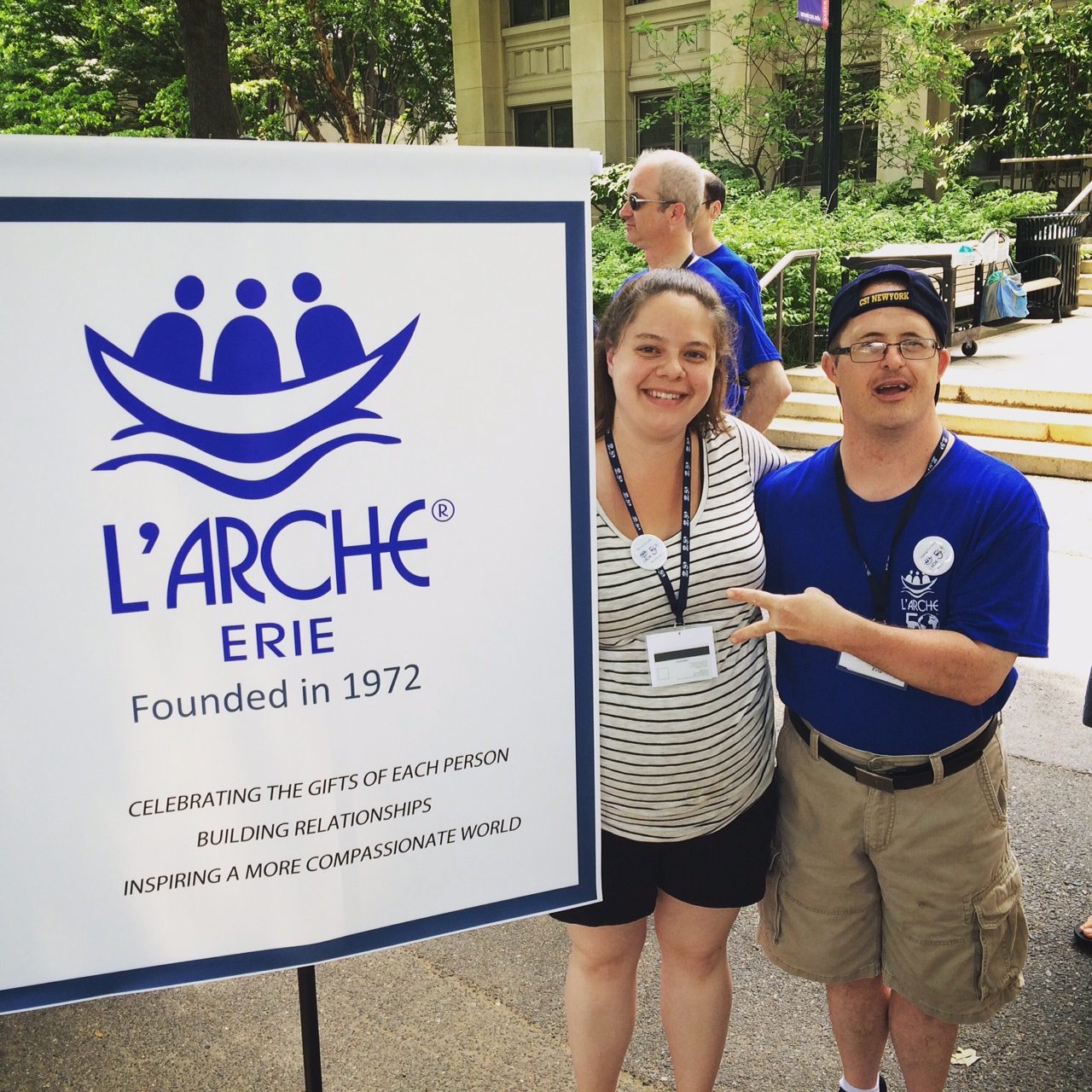Possible Preaching Themes
Possible Scientific Resources
- When a small bit of yeast (leaven) is added to a mixture, it begins to propagate and grow, affecting the whole mixture (rising bread, fermenting grape juice). In receiving the Body and Blood of Christ, we are called to become leaven in the world, transforming the world through what we have received and become.
- Food both nourishes the body and serves as a reason for gathering. The Eucharist nourishes the soul and unites us together in worship, in charity, and in service to the world.
- The Eucharist is the Sacrament of unity. It holds us together as the Body of Christ, despite our differences and the things which divide us.
- “The funky science of yeast, the gassy microbe behind your pandemic bread” https://www.nationalgeographic.com/history/article/funky-science-yeast-gassy-microbe-behind-coronavirus-pandemic-bread
- “Breaking Bread: the Functions of Social Eating” https://link.springer.com/article/10.1007/s40750-017-0061-4
- “Emulsions: When Oil and Water Do Mix” https://www.ift.org/news-and-publications/food-technology-magazine/issues/2013/august/columns/processing-1
Homily Outline Combining Resources
Homily outline (following theme 3 and resource 3, above):
The science of emulsion:
- Oil and water seem to greatly dislike one another
- Mix the two together: a mixture appears to have formed, yet wait a while: tiny droplets of oil seem to seek out one another, combining to form bigger droplets, suspended in the water
- The process continues, until all of the oil has been reunited and finds itself floating on top of the water. Mix it up again; harder this time. Yet try as we might, the two will never come together. Or, at least not on their own.
- Yet add a third ingredient to the mix—like a bit of egg yolk or soy—and mix it up again. Suddenly, the two substances which repelled each other so strongly now appear to get along! What caused this apparent change of heart?
- This is a chemical process known as emulsion
- Emulsifiers have complex molecular structures: one end of the molecule is polar, and attracts water, and the other end is nonpolar, and attracts oil. When mixed, the emulsifier coats the tiny droplets of oil, making them attractive to the water and allowing the two to mix
- Many of the best foods require an emulsion: cakes, dressings, mayonnaise, Ice cream and cheese
- If the emulsifier is left out, the ingredients will separate, leading to an oily, disgusting mess.
- Leave out the oil, and the resulting food will be lackluster, bland, and dry; Leave out the water, and the other ingredients will not incorporate.
- Both have a necessary role to play, but they need help to come together.
Unfortunately divisions exist within the church.
- Differences in liturgical or ideological preferences, political leanings, or preferred styles of ministry
- The differences all too often turn us into oil and water: we may sit in the same church for an hour on a Sunday, appearing to be mixed, but the mixture does not last.
- At its worst: communities become sharply divided, serving a preferred group: “we’re the ‘high liturgy’ parish”; “we’re the ‘social justice’ parish”; “we don’t wear mantillas or kneel to receive communion here, they do that across town;” “guitars at Mass?? Why would you even request that?”
- Yet each parish is called to be a microcosm of the Catholic—that is, universal—Church. So Jesus prayed at the Last Supper: “That all may be one” (John 17:21)
Our differences are real
- To pretend that we are all the same is delusional
- To work for uniformity is to reject the God-given gift of diversity given to humanity; our Catholic unity is enriched by diversity
- Our preferences and desires make each of us able to reach people who share those preferences and desires
- Diversity expands our reach. Yet how do we keep it from dividing us?
Paul is addressing divisions in the community in Corinth in today’s second reading
- Divisions exist within the community, and are visible at the liturgy (1 Cor 11:17-22)
- Arguments also arose over which Spiritual gifts were greatest
- Paul teaches that all the spiritual gifts are necessary, and love is more important than any of the gifts.
- Summarized in Paul’s image of the Body of Christ (1 Cor 12)
- Yet what is it which bonds us together in love?
-
- “Because the loaf of bread is one, we, though many, are one body, for we all partake of the one loaf” (1 Cor 10:17)
-
The Eucharist is our emulsifier.
- Our faith teaches us that the Eucharist is, truly, the Body and Blood of Jesus Christ.
- The words of Jesus in the Gospel are clear: “I am the living bread that came down from heaven; whoever eats this bread will live forever; and the bread that I will give is my flesh for the life of the world.”
- When questioned about the oddity of this statement, Jesus doubles down: “Amen, amen, I say to you, unless you eat the flesh of the Son of Man and drink his blood, you do not have life within you.” “For my flesh is true food, and my blood is true drink. Whoever eats my flesh and drinks my blood remains in me and I in him.”
- It is Jesus who we receive in the Eucharist—each of us receiving the same Christ. The one Christ holds us together in a unity of diversity, as the Mystical Body of Christ
- The diversity among us expands our reach, enabling us to reach out to many others, each in our own unique way
- Though differences divide us, we can see Christ in one another and, attracted to Christ, find ourselves united in faith and love.
Related Homily Outlines
Couldn’t find what you’re looking for?
Try searching with another filter

Preaching with Sciences

Edward Foley, Capuchin
Duns Scotus Professor Emeritus of Spirituality
Professor of Liturgy and Music (retired)
Catholic Theological Union
Vice-Postulator, Cause of Blessed Solanus











